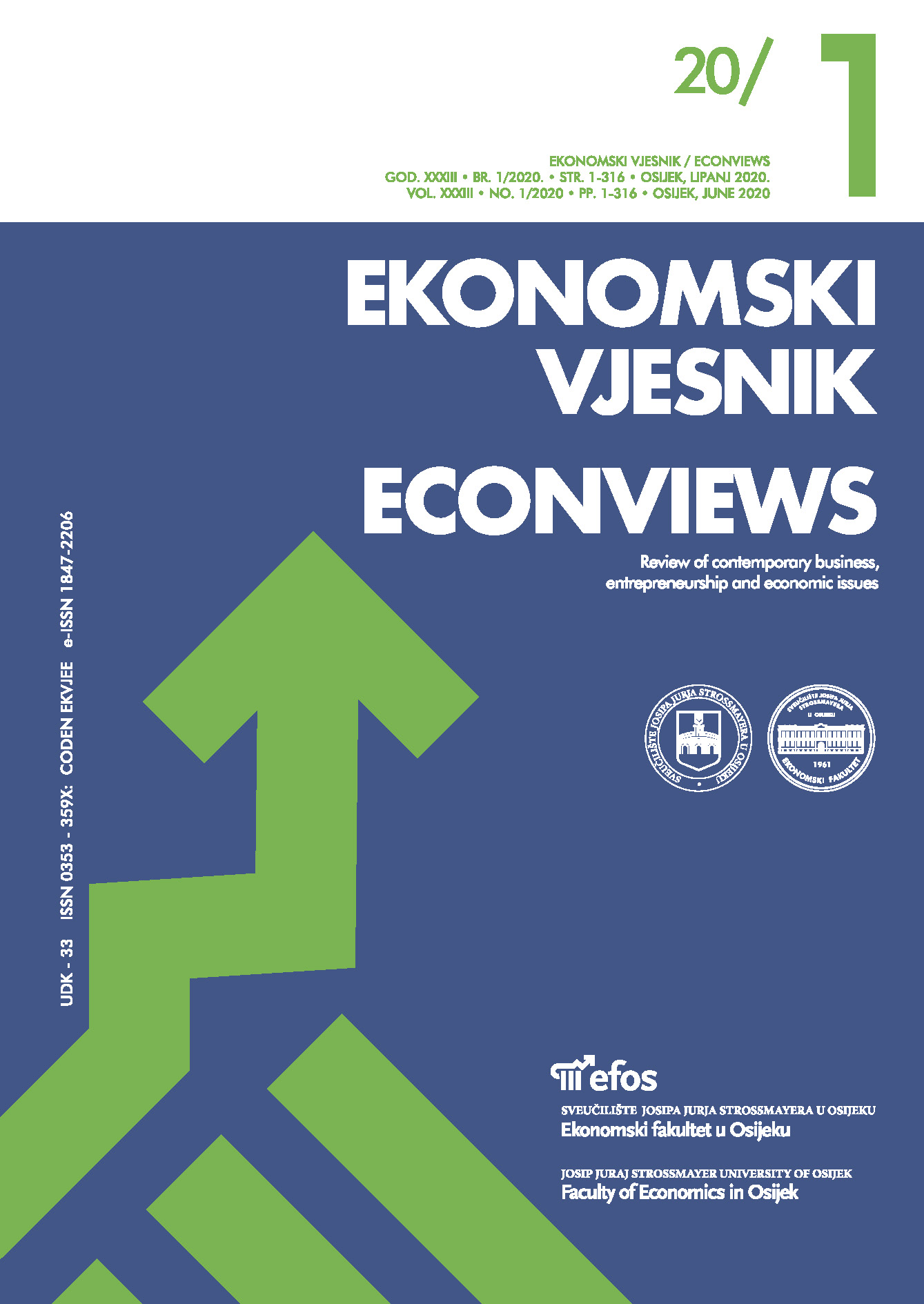Development of business strategies based on logistics performance of the Republic of Croatia
Development of business strategies based on logistics performance of the Republic of Croatia
Author(s): Zbigniew Bentyn, Ante Luetić, Neven ŠerićSubject(s): Business Economy / Management, International relations/trade
Published by: Sveučilište Josipa Jurja Strossmayera u Osijeku, Ekonomski fakultet u Osijeku
Keywords: logistics; strategy; international trade; market;
Summary/Abstract: Croatia, as a moderately new member of the EU, has recognized the prospects offered by the membership. The participation of Croatian enterprises in European supply chains is an important opportunity for the country’s economic growth. The analysis of its logistics performance, based on the World Bank data, suggest a positive change in recent years. That proves a beneficial evolution of the business environment in Croatia. The primary research presented in the paper considers the improved logistics infrastructure and other subfactors included in the analysis, the support offered to business activities and the increased readiness of the country for a potential upturn of logistics services. Using logistical advantages of Croatia as a location or improved infrastructure may be a stimulus for creating relationships with business partners in the EU. A country that applies the adaptable concept of a logistics platform is in a good position to use new possibilities on the EU market, especially the growing e-commerce sector. Free flow of information on the Internet and unrestricted access to customers in the single market, guaranteed by EU law, opens new possibilities for trade development and finding one’s niche. Recently the European Parliament adopted the regulation forbidding geo-blocking and thus created potential for e-commerce growth in Europe. Croatia may benefit from its location and rise in logistics performance. In this relatively new sector, the ability to use all logistical advantages has become an asset. Employing advanced analytical techniques of simulation and visualization for logistics applications has become a prerequisite for growing e-commerce on the EU market. The questions arising from such a perspective concern the abilities of the Croatian business to exploit the described potential. How should managers of business entities adjust their strategies to logistics standards? How strongly is business intelligence correlated with supply chain management? The purpose of this paper is to formulate a protocol for creating a logistics strategy for Croatian enterprises. Preliminary research for this article included logistics performance index (LPI) analysis, literature, and data mining. Variables examined in the primary research of Croatian companies’ practice were categorized as business intelligence, supply chain management, information visibility and integration of logistics function. Factor analysis was used to connect these variables, i.e. to reduce the number of variables. The authors have tested the correlation between variables. There was a significant statistical correlation between business intelligence, supply chain management, information visibility and integration as prerequisites for a competitive logistics strategy of the company.
- Issue Year: 33/2020
- Issue No: 1
- Page Range: 133-149
- Page Count: 17
- Language: English

